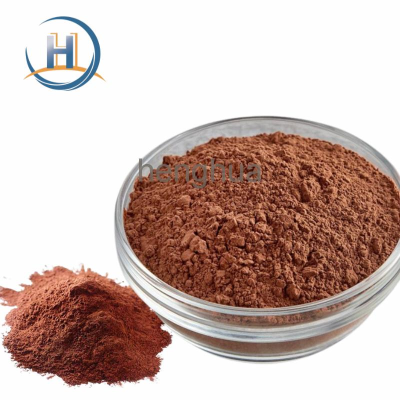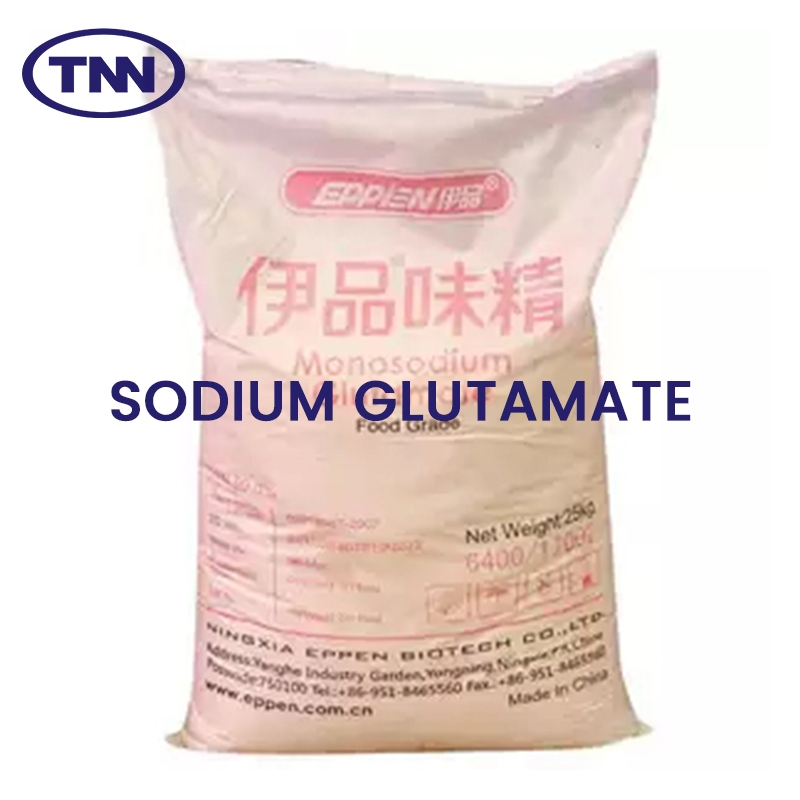-
Categories
-
Pharmaceutical Intermediates
-
Active Pharmaceutical Ingredients
-
Food Additives
- Industrial Coatings
- Agrochemicals
- Dyes and Pigments
- Surfactant
- Flavors and Fragrances
- Chemical Reagents
- Catalyst and Auxiliary
- Natural Products
- Inorganic Chemistry
-
Organic Chemistry
-
Biochemical Engineering
- Analytical Chemistry
-
Cosmetic Ingredient
- Water Treatment Chemical
-
Pharmaceutical Intermediates
Promotion
ECHEMI Mall
Wholesale
Weekly Price
Exhibition
News
-
Trade Service
"Use of old bottles for new use" means that some businesses, in order to save economic costs, recycle the containers of vinegar, beer, beverages and other products produced by other businesses that have already been put on the market, and then put them into their own products and push them again.
The phenomenon of the market.
Since the recycled bottles are usually branded with the original right holder's specific foodmate.
net/tag_4202.
html" class="zdbq" title="Trademark-related food information" target="_blank">trademark or commercial logo, if the operator does not take reasonable measures such as masking or elimination, it may constitute trademark infringement.
Recently, the People's Court of Wujiang District, Suzhou City heard a trademark infringement case caused by the purchase and use of foodmate.
net/tag_727.
html" class="zdbq" title="Hengshun related food information" target="_blank">Hengshun Company's old vinegar bottles by an operator , and then filling them with "new" vinegar.
The phenomenon of the market.
Since the recycled bottles are usually branded with the original right holder's specific foodmate.
net/tag_4202.
html" class="zdbq" title="Trademark-related food information" target="_blank">trademark or commercial logo, if the operator does not take reasonable measures such as masking or elimination, it may constitute trademark infringement.
Recently, the People's Court of Wujiang District, Suzhou City heard a trademark infringement case caused by the purchase and use of foodmate.
net/tag_727.
html" class="zdbq" title="Hengshun related food information" target="_blank">Hengshun Company's old vinegar bottles by an operator , and then filling them with "new" vinegar.
A brewery in Wujiang is an individual industrial and commercial household that produces and sells vinegar and seasonings.
Since 2015, the factory began to use recycled bottles with "Hengshun" embossed patterns.
As the trademark owner of the registered trademark "Hengshun", Hengshun Company claimed that the bottleneck and bottom of the balsamic vinegar products produced and sold by the brewery used its registered trademark, and the brewery's actions constituted trademark infringement, so it filed with the Wujiang Court litigation.
Since 2015, the factory began to use recycled bottles with "Hengshun" embossed patterns.
As the trademark owner of the registered trademark "Hengshun", Hengshun Company claimed that the bottleneck and bottom of the balsamic vinegar products produced and sold by the brewery used its registered trademark, and the brewery's actions constituted trademark infringement, so it filed with the Wujiang Court litigation.
The court found that a certain brewery in Wujiang refilled Hengshun’s old bottles with vinegar produced by non-Hengshun companies.
The content of the goods has been completely changed, although the brewery has its own trademark affixed to the vinegar bottles.
And the name of the company, but the trademark itself is not eye-catching and the text is small, and it is difficult for consumers to identify the source of the product.
At the same time, because the registered trademark of "Hengshun" has a high reputation, the brewery has not taken any measures to cover or eliminate the original "Hengshun" trademark, and the "Hengshun" trademark is within the range that can be visually perceived by consumers.
It is easy for consumers to misunderstand that the alleged infringing goods have a specific connection with Hengshun Company or that Hengshun Company has a certain relationship with the brewery, and the production and sale of the alleged infringing products by the brewery constitutes trademark infringement.
In the end, the court comprehensively considered that the "Hengshun" trademark was a well-known trademark, the business scale of the brewery and the infringement time, and the infringing goods produced involved three or three products, and none of the original "Hengshun" trademarks on the bottle body were covered.
The measures and the infringing product is edible vinegar, which is directly related to the health and safety of consumers, and the cost of rights protection incurred by Hengshun Company.
It is judged that a brewery in Wujiang shall immediately stop the infringement and compensate Hengshun Company for its economic losses and reasonable expenses totaling 40,000 yuan.
.
The judgment has become legally effective.
The content of the goods has been completely changed, although the brewery has its own trademark affixed to the vinegar bottles.
And the name of the company, but the trademark itself is not eye-catching and the text is small, and it is difficult for consumers to identify the source of the product.
At the same time, because the registered trademark of "Hengshun" has a high reputation, the brewery has not taken any measures to cover or eliminate the original "Hengshun" trademark, and the "Hengshun" trademark is within the range that can be visually perceived by consumers.
It is easy for consumers to misunderstand that the alleged infringing goods have a specific connection with Hengshun Company or that Hengshun Company has a certain relationship with the brewery, and the production and sale of the alleged infringing products by the brewery constitutes trademark infringement.
In the end, the court comprehensively considered that the "Hengshun" trademark was a well-known trademark, the business scale of the brewery and the infringement time, and the infringing goods produced involved three or three products, and none of the original "Hengshun" trademarks on the bottle body were covered.
The measures and the infringing product is edible vinegar, which is directly related to the health and safety of consumers, and the cost of rights protection incurred by Hengshun Company.
It is judged that a brewery in Wujiang shall immediately stop the infringement and compensate Hengshun Company for its economic losses and reasonable expenses totaling 40,000 yuan.
.
The judgment has become legally effective.
The judge reminded that when producing and selling edible vinegar or other products that are "used in old bottles and new", producers and operators should abide by relevant laws and regulations and avoid infringing on other's registered trademarks and other intellectual property rights.
(Author's unit: People's Court of Wujiang District, Suzhou City)
(Author's unit: People's Court of Wujiang District, Suzhou City)







